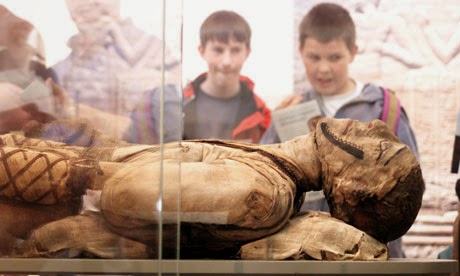History Speech
Celeste Nelson
December 16, 2014
I pledge
United
States History this year has been very rewarding. I have thoroughly enjoyed the
class and have realized that history can be a subject of enjoyment rather than
a required credit. The history of the United States has had its ups and downs
and of the ups I can say I was pleasantly surprised to find that Americans were
so willing to put their lives on the line to fight for their rights and the opportunity
to improve the United States. Not to mention the endless causalities, the
lengths Americans had to go to, to reserve their rights was extensive to say
the least. During the Emerging Industrial supremacy & Industrial Workers in
the New Economy unit: many, many workers had to go on strike to get what they
deserved as working citizens. Even after strikes ended in mass casualties, they
kept going to fight for their rights. I find that so admirable: that even in
the face of death, the American citizens fought on. Something that I found
unpleasant in United States history was the way that Children were put to work
in factories as young as ten years of age. I found it especially disappointing
that even when states passed child labor laws, they were hardly ever enforced
and came with many exceptions. The United States should have realized how
allowing children to be working in such dangerous conditions was wrong at an
earlier time. One thing that I am likely
to be able to discuss in ten years is the Haymarket bombing. The way that the
eight protestors were wrongly prosecuted for the bombing was unfair and handled
very unjustly. The Haymarket Bombing proves the need people have for a
scapegoat. The eight wrongly persecuted men were not prosecuted for the
bombing, they were prosecuted so the people of the United States could have
someone to blame for such a tragedy. Something that the United States continues
to struggle with today is the belief that it is easy to climb the social
ladder. It was hard back then, and it still is today. It is the unfortunate
truth that the class you are born into is likely to be the one you die in. If I
were given the chance, I would name the time from 1865 – 1920 “The Age of Growth”. The reason for this is simply because we have
never had a time in United States history since then where there has been so
much growth. This was the time of Westward expansion and the list of new
discoveries and innovations in the time period was endless: Railroads were
expanding, there was a huge growth of labor supply, the conversion of iron into
the much more durable and versatile steel, and the surge of new entrepreneurs
and government. The automobile and the idea of a United States airline were
becoming huge. The amount of new things
in this time period was so extensive, there is no way there could be a repeat of
that age.







